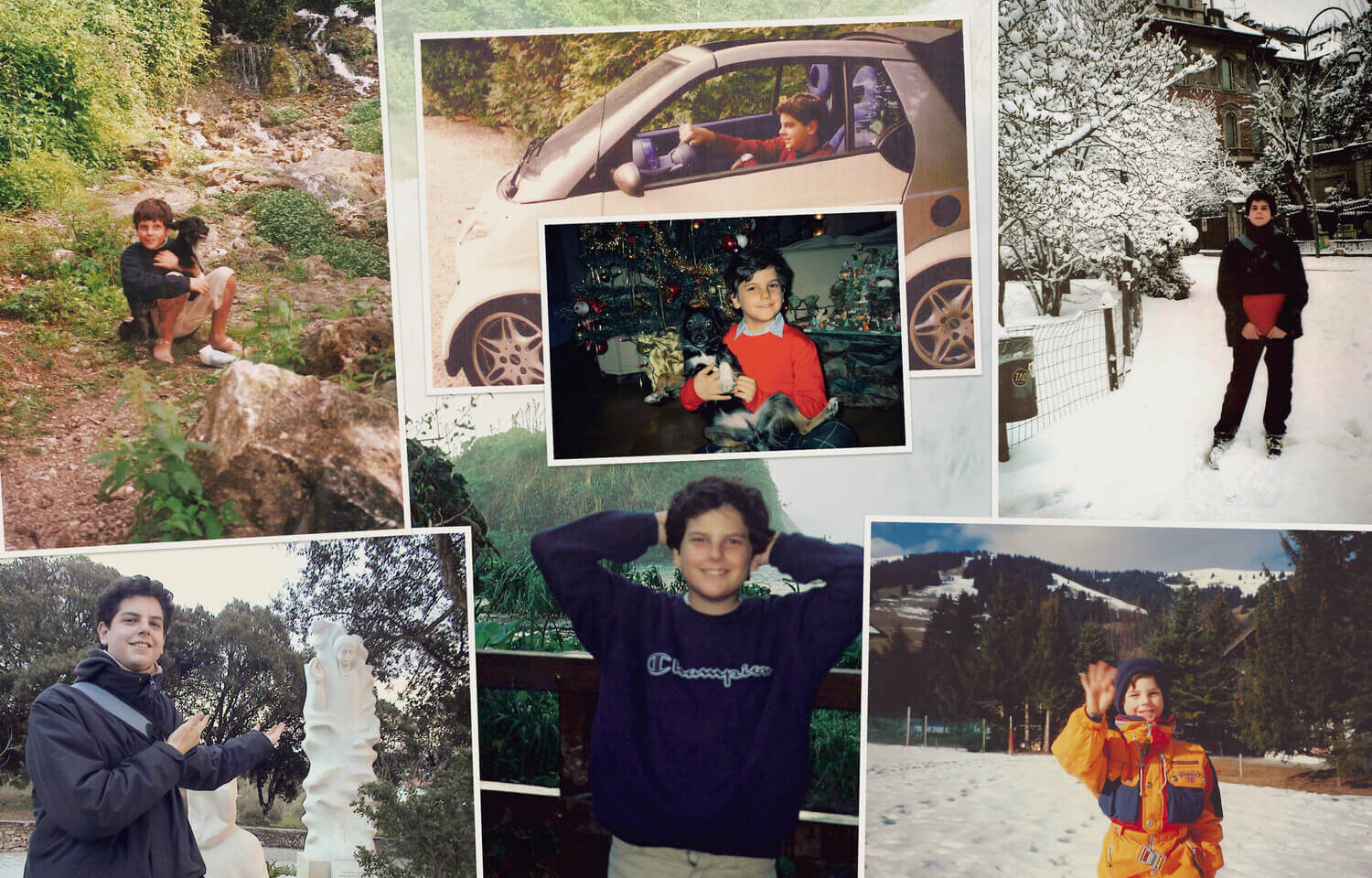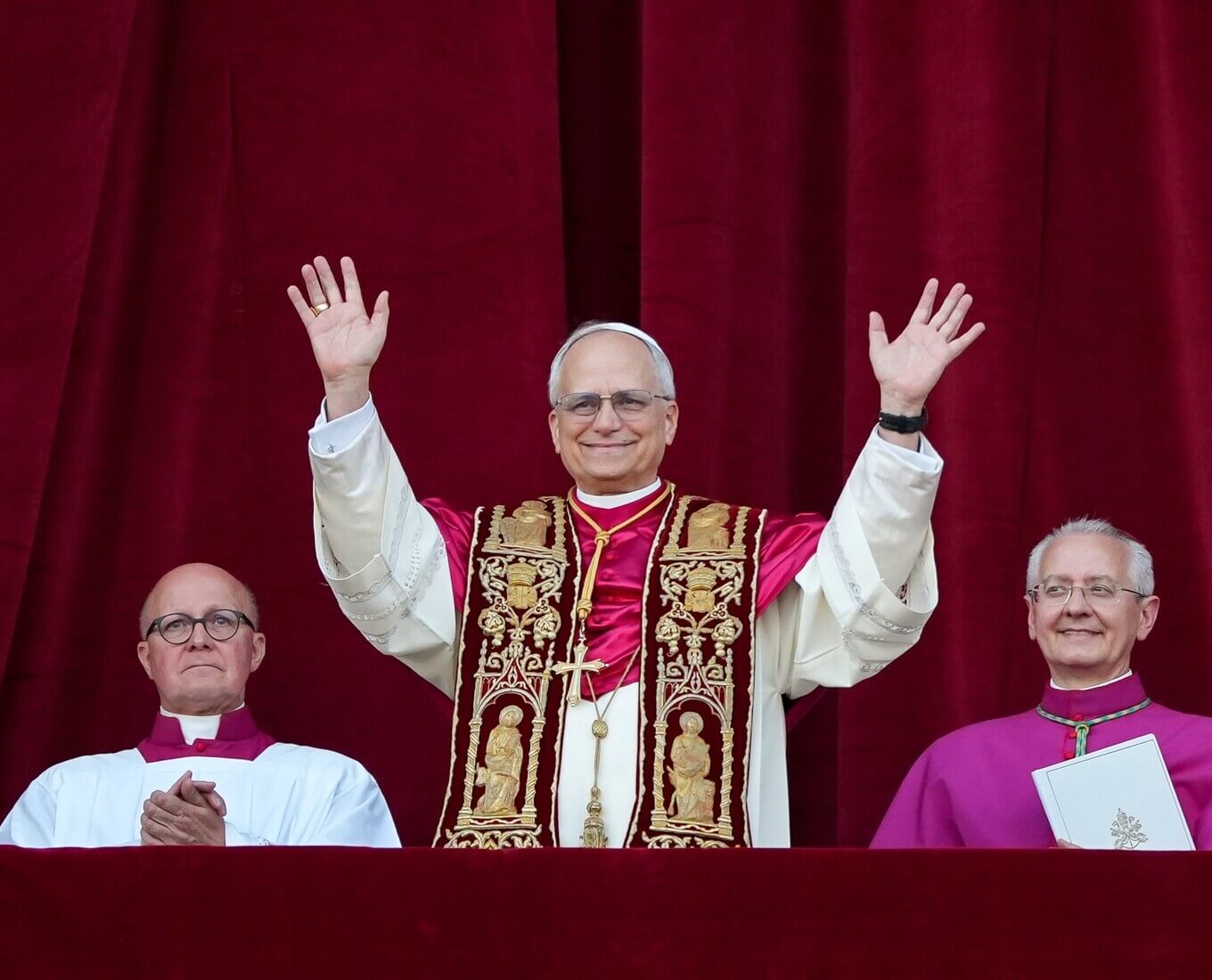The Catholic Church's first millennial saint offers people a lesson in an online life lived for and with others.
So say Holy Cross religious studies professors of St. Carlo Acutis, a 15-year-old Italian boy who died of leukemia in 2006 and was declared a saint on Sept. 7, 2025, by Pope Leo XIV.
St. Carlo also became the second patron saint of the internet, joining St. Isidore of Seville, a 6th-century saint credited with compiling the first encyclopedia. At the same Mass, Pope Leo XIV declared Pier Giorgio Frassati, who died in 1925 at the age of 24, the patron saint of young people and young adults. The recognition of the two saints comes during the Church's international celebration of the Jubilee of Young People on the 2,025th anniversary of the incarnation of Christ.
Emerita Professor Joanne Pierce, whose areas of expertise include liturgical studies, medieval Christianity, ecumenical theology and ritual studies, said St. Carlo sets an example particularly relevant to the first digital-native generation; that is, young people who've grown up with the internet. St. Carlo taught himself how to code and archived and catalogued Eucharistic and Marian miracles online, creating a website and online exhibition for the public. Friends and family have said he was both an inspiration and a regular boy, as his actions attest. St. Carlo attended daily Mass, was devoted to St. Francis of Assisi, meditated on the Eucharist—and allowed himself one hour a week to play video games.
St. Carlo's work has earned him the nickname "God's influencer," but his goal was never fame, Pierce said.
"He was not trying to be a star, and that's the real issue," she said. "Many people go online because they want to be internet stars. Carlo was not like that. Our first millennial saint speaks in his interests and example, and he addresses the future that young people are going to be facing for the rest of the 21st century."
Professor Mathew Schmalz, an expert in global Catholicisms, Catholic esotericism and several other world religions, told the Associated Press that St. Carlo has become "an emblem or model of how Catholics should approach and use the digital world — with discipline and with a focus on traditional Catholic spirituality that defies the passage of time: "He is a new saint of simplicity for the ever-complex digital landscape of contemporary Catholicism."
Simplicity and, perhaps, relatability. St. Carlo's example is also lowercase catholic in the "universal" and "all-embracing" sense of the word. His mother credits him with bringing her back to her faith, and St. Carlo inspired at least one of his family's employees to convert to Catholicism, in effect, "bringing them to the actual practice of their religion," Pierce said.
"I think that St. Carlo Acutis shows us an example of how to live a genuine life in which, regardless of religious tradition, one really does seek to find and promote the truth," Pierce said.



